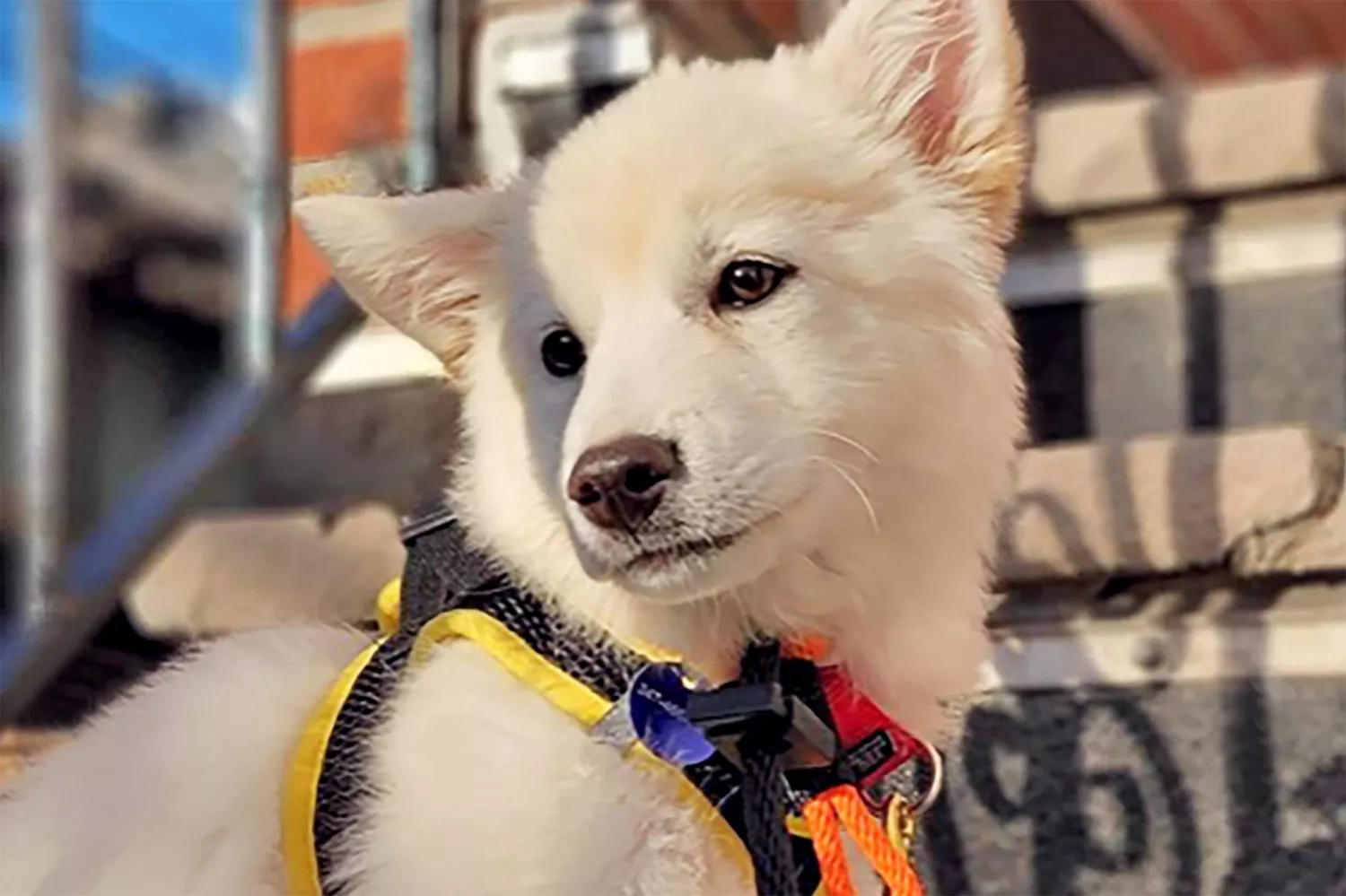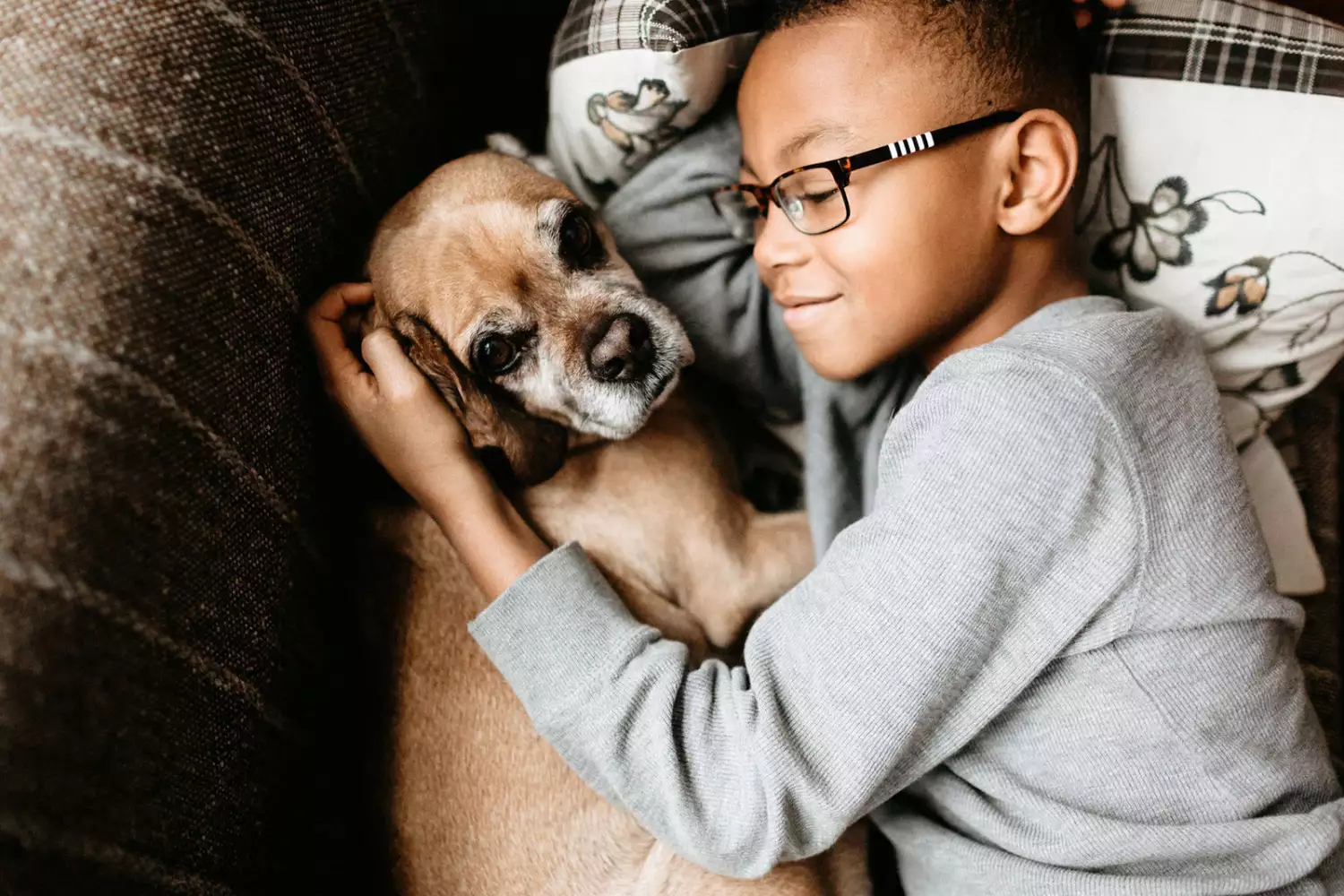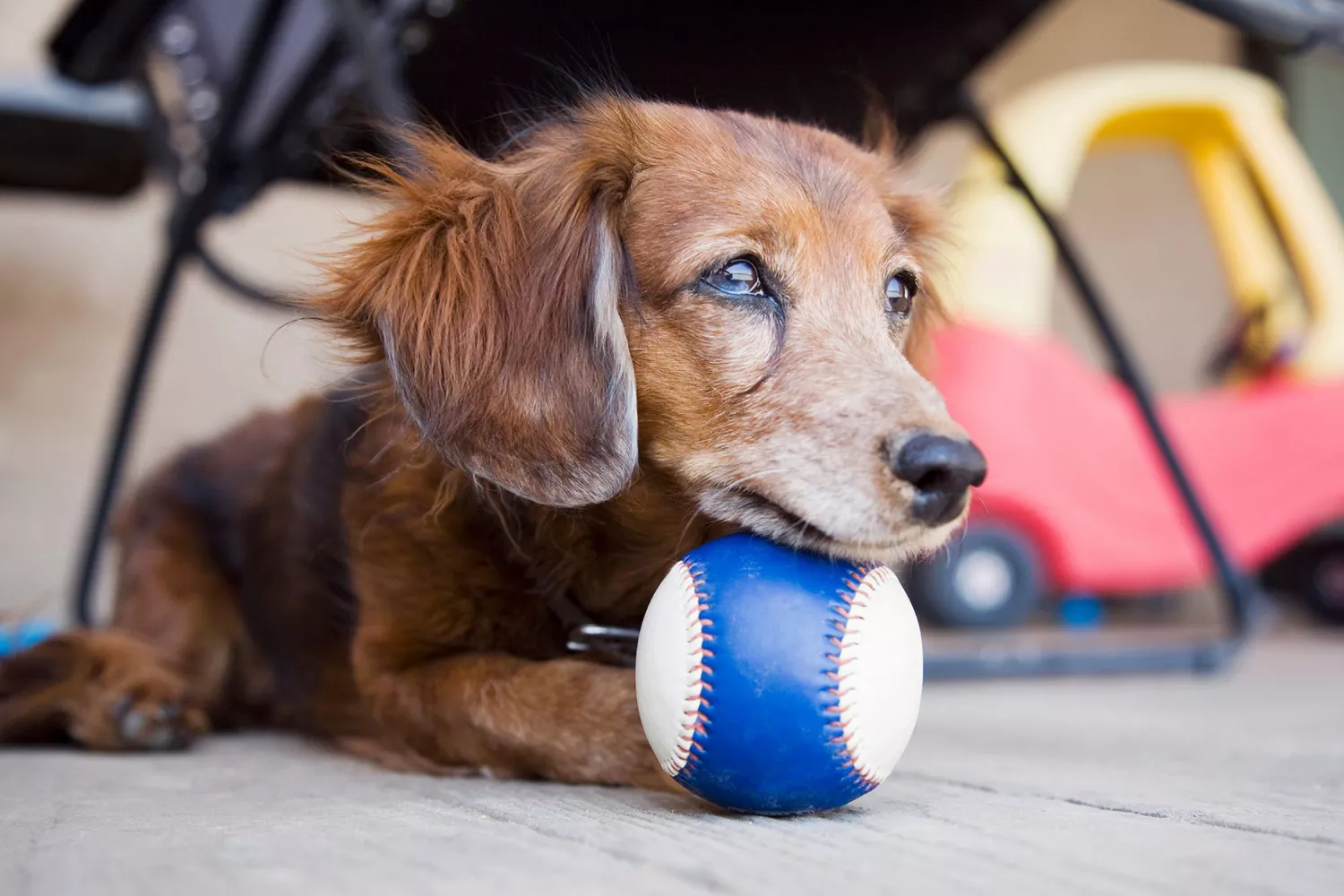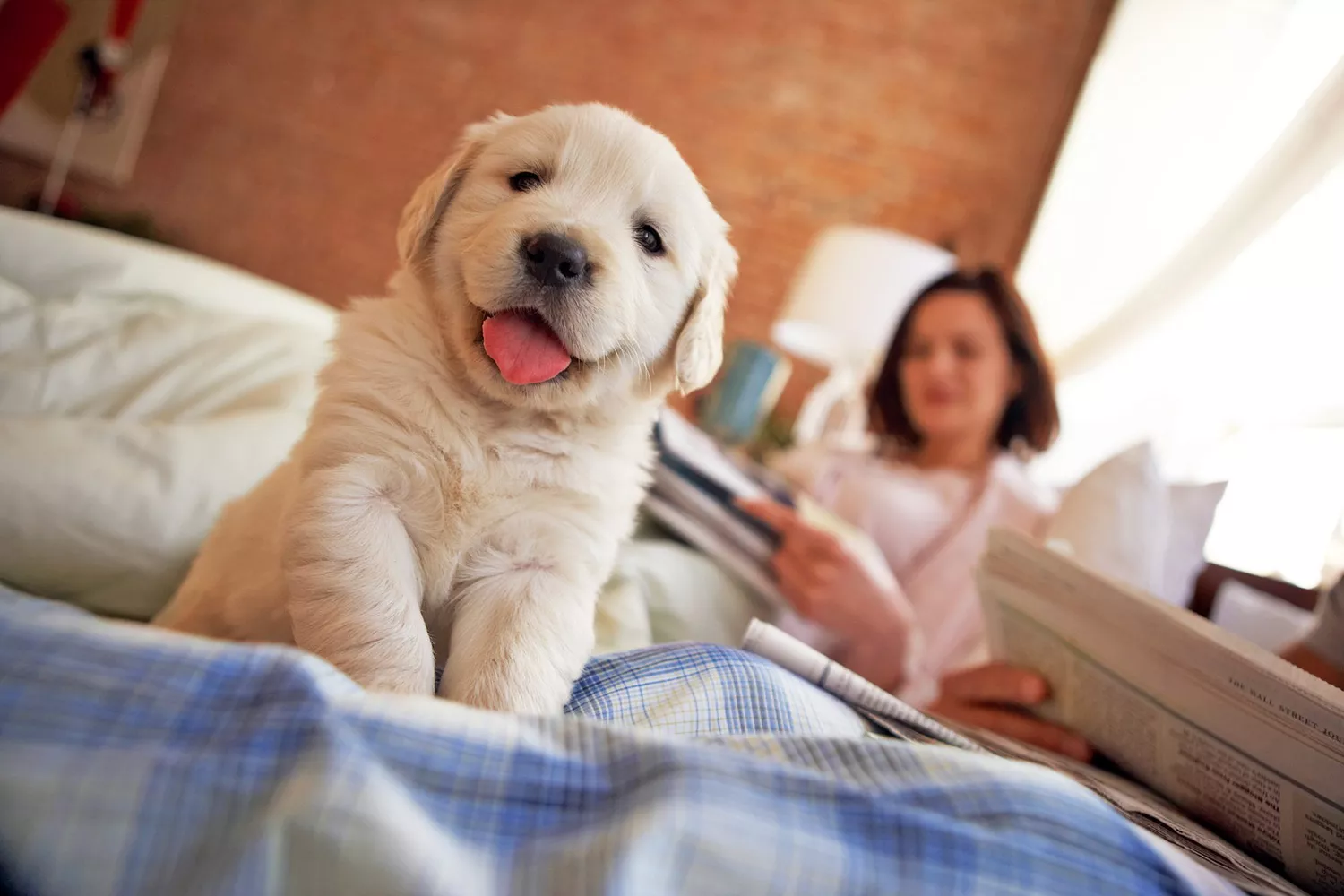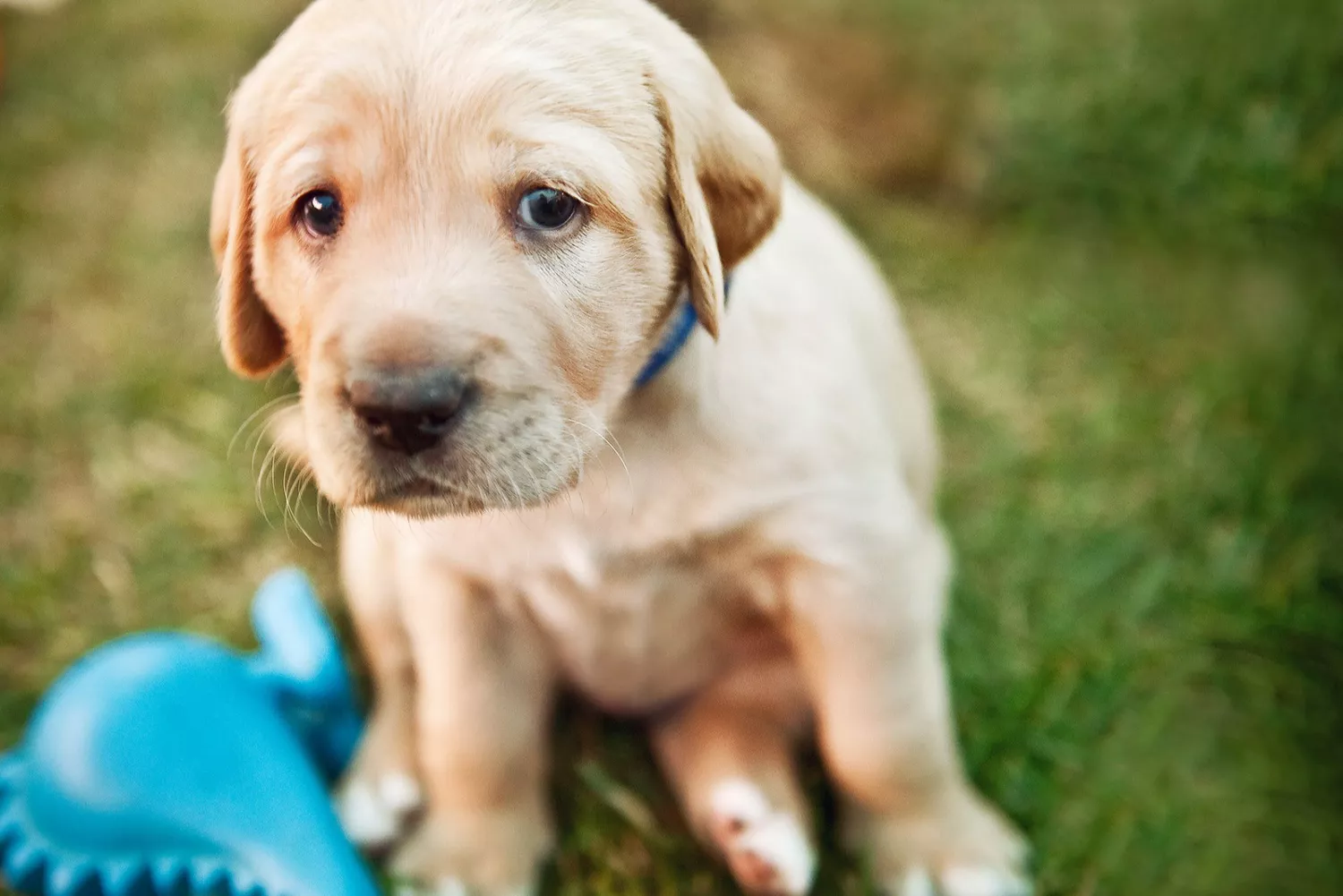
Pups learn to interact with you through their actions (wagging tail, eye contact, cuddling up beside you, etc). They likewise interact through vocalization. There’s an entire variety of sounds that your pup might make. Sharp yips, loud barks, and– yes– whining and crying. For a loving pup owner, unfortunate noises such as whimpering and sobbing can be the hardest to handle. A pup weeping pulls at your heartstrings.
Why is your young puppy crying? It depends, however often you can make an informed guess based on when the weeping takes place.
Reasons Puppies Might Cry
” Puppies can sob for a number of reasons,” states Zazie Todd, PhD and author of Wag: The Science of Making Your Dog Happy. In this case, weeping is a natural habits that lets the mother understand when the puppies require something.
Todd likewise recommends that crying may imply a trip outdoors is the answer. “Your pup may be sobbing when in the crate due to the fact that she may require to go to the toilet,” Todd says. As part of your housetraining, it’s a great concept to hurry your puppy outdoors in this case.
Some animal moms and dads interpret weeping as a desire to be fed. However if you’re staying with a regular feeding schedule that you’ve established with the assistance of your vet, you should not need to feed your young puppy in between meals.
Weeping and weeping can likewise be a signal that your pup is in discomfort. That’s less common, however if you’ve eliminated other causes, be sure to talk to your vet about this possibility.
The bottom line is that pups sometimes sob when they are stressed out. If you focus, you can typically figure out what is setting off that stress and find a way to help your young puppy feel much better.
How to Comfort a Crying Puppy
Ultimately, pups are social animals and like to be with their individuals. Their first experience with loneliness takes place when they are separated from their mom and littermates. So a most likely cause of weeping is that your pup is searching for a connection with you.
” When your young puppy first concerns deal with you, she might need reassuring,” Todd states. “If you understand your puppy does not need the toilet, convenience them by petting, talking, snuggling.”
Especially throughout the very first days in your home, you’ll want to offer your puppy plenty of time with you. You can start by checking out new toys and assisting the pup get utilized to being brushed and touched. That said, it’s important to always offer your young puppy the alternative to walk away. Just like human beings, while young puppies in some cases want company, there are likewise times when they prefer to be alone or get some space. Giving your young puppy space when she wants area, and company when she desires business, will help your pup feel safe and enjoyed in her brand-new home. You can then deal with gradually teaching her to be comfortable alone even when it’s not her choice.
For crying in the evening, Todd suggests this solution: “You can put a crate by the bed, and reach out in the night for peace of mind.”
Puppies Often Grow Out of Crying
Even if all their physical needs are satisfied, puppies might in some cases weep because they want something. Young puppies can get bored (like the rest of us) and may sob due to the fact that they desire to play. If your puppy (or adult dog) sobs a lot and you can’t figure out why, consult your veterinarian or talk to a certified dog professional.








